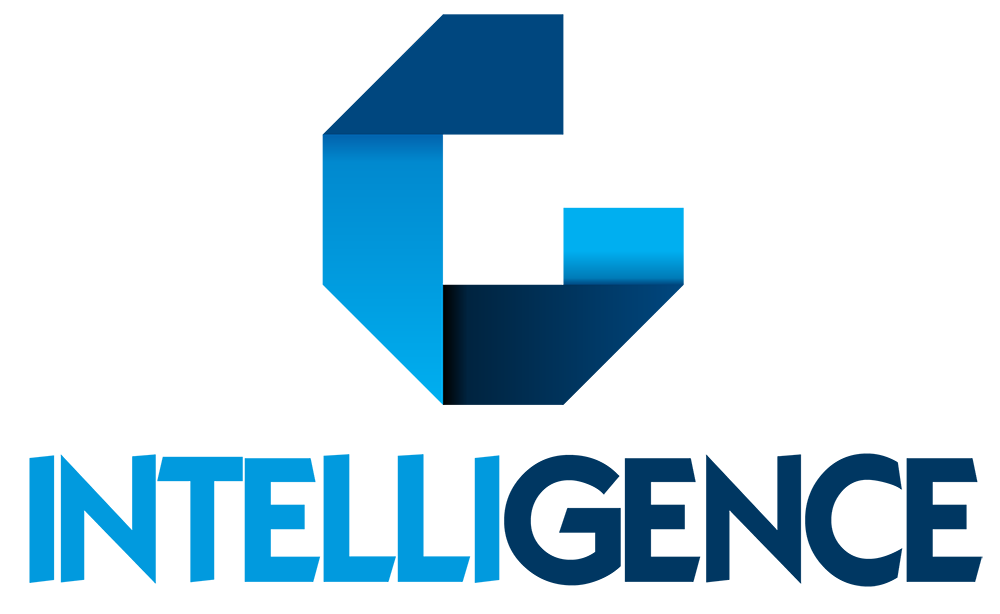Data Communications And FIELDBUS Systems PLC & SCADA System
Course Schedule

Data Communications And FIELDBUS Systems PLC & SCADA System
This programme takes an in-depth look at the divisive field of data communications and Fieldbus systems. The increasing trend towards digital communications within the industrial plant environment has brought in its wake a myriad of problems concerned with interconnectivity and differing standards offered by a wide variety of competing vendors. For the user, it has become progressively more difficult to differentiate between the proffered options.
Workshop is designed to provide engineers and technicians with an overview of modern digital communication standards - starting at the basic RS232 standard right through to Profibus/Foundation Fieldbus and beyond.
The Process
Designed for both novice and experienced engineers and technicians, this workshop starts at fundamental principles and progresses through basic coding and formatting systems, error detection, and protocols through to advanced Fieldbus and device networking concepts.
Throughout the workshop, participants will learn through active participation using exercises, questionnaires, and practical troubleshooting using protocol analysis and covering:
- RS 232
- RS 485
- Modbus
- Networking
- TCP/IP
The Benefits
- On successful completion of this workshop delegates will be able to:
- Appreciate the basic principles of data communications
- Understand the essential differences between asynchronous and synchronous transmission
- Apply basic faultfinding techniques covering rs232 up to rs485
- Understand the importance of the ISO/OSI model
- Understand the basis of cyclic redundancy
- Recognize the different aspects of cable selection
- Apply different shielding technologies
- Understand the application of fiber optics
- Appreciate the value of hart in both calibration, data collection and diagnostics
- Recognize the wide range of fieldbus options
- Apply modbus in a practical manner and make use of troubleshooting techniques
- Differentiate between modbus and modbus plus
- Gain an insight into the essential differences between asibus and devicenet
- Make an informed appraisal of the differences between profibus and foundation fieldbus
- Understand the basics of Ethernet
- Appreciate the application of Ethernet in the industrial environment
- Understand TCP/IP and its associated protocols
- Differentiate between net and sub-net masking
- Distinguish the functionality of ports and sockets
- Understand the OPC data Communication protocol
The Results
Following the training and development experience provided by this workshop, participants will return to their organizations equipped with new skills and knowledge that will enable them to evaluate the impact of new and existing technology in respect of your plant's communication strategy and apply a rationalized communication philosophy based on the best available practices.
By leveraging these skills, your enterprise can expect an improvement in overall productivity through the reduction in downtime resultant from inappropriate data communications strategy and through the ability to apply, install, and troubleshoot a modern digital communication system.
The Core Competencies
- Understanding of the major technologies used in modern data communication and fieldbus systems.
- Select and specify different types of communication strategy according to the specific requirement and application.
- The experience of exchanging ideas, problems and solutions with other delegates from different backgrounds and processes.
- A renewed or refreshed ability to make an informed decision regarding their communication requirements according to their process, plant or operation.
Day One
Introduction to data communications
- Overview
- Modern Instrumentation and Control Systems
- "Smart" Instrumentation
Basic principles
Data communications standards
- RS-232 interface standard
- Faultfinding
- RS-422 interface standard
- RS-485 interface standard
- Interface Converters
Day Two
ISO OSI model
Communications media
- Cabling
- Shielding
- Grounding
- Fiber optics
Error detection
- Checksum
- Cyclic Redundancy
LAN Standards
- Topologies
- Protocols
- CSMA / CD (Ethernet)
- Token Ring
- Token Bus
Day Three
Modbus
- Fundamentals
- Frame format
- Function coding
- Exception reports
- Troubleshooting
HART
- FSK
- Cabling and configuration
- Commands
Actuator Sensor Interface (ASI)
- Physical layer
- Modulation principles
- Components
Day Four
CANBus /DeviceNet
- Frame format
- Arbitration
- Fragmentation
- Error reporting
- DeviceNet media layer
- Network configuration
Profibus
- FMS
- DP physical layer
- PA physical layer
Foundation Fieldbus
- Comparison between Profibus PA and FF
- Publisher/subscriber model
- Physical layer
- Frame structure
- Link active scheduler
- Function block
- Device descriptions
Day Five
Ethernet
- Ethernet frame
- Media Access Control
- Collision detection
- 100Base-T repeater rules
- Gigabit Ethernet 1000Base-T
- Gigabit Ethernet MAC Layer
Internet layer protocols
- Internet Protocol Version 4 (IPv4)
Host to Host (Transport) layer protocols
- Transmission Control Protocol
- Ports and Sockets
- Sliding windows
- Establishing a connection
- User Datagram Protocol (UDP)
- Modbus over TCP
Professionals involved in designing, selecting, sizing, specifying, installing, testing, operating and maintaining data communication and Fieldbus systems. Any professional needing to get to grips with the ever expanding and complex field of data communications and Fieldbus systems:
- Automation Engineers
- Chemical Engineers
- Consulting Engineers
- Electrical Engineers
- Electricians
- Industrial IT specialists
- Installation and maintenance technicians
- Instrumentation and Control Engineers
- Maintenance Engineers
- Operations Engineers
- Process Engineers
- Process Operators
- Production professionals
- Project professionals
- System Integrators
- Other professionals who want a better understanding of the subject matter
| Sub Code | PE038 |
| Start Date | Sun,Dec,19,2021 |
| End Date | Thu,Dec,23,2021 |
| Duration | 5 Days |
| Fee(US$) | 3250 |
| Location | Jeddah |
| Reminder |

|

